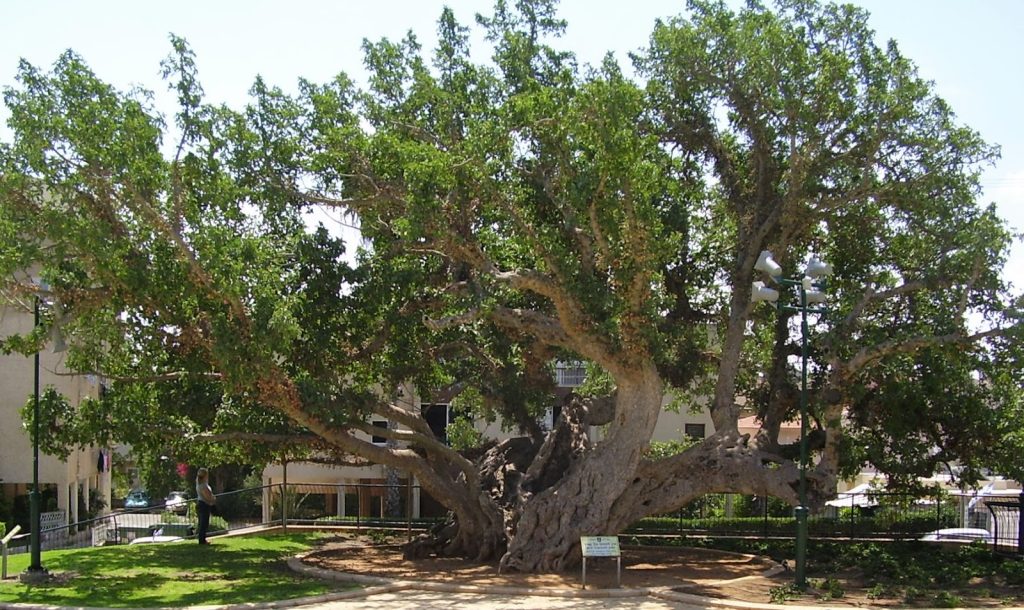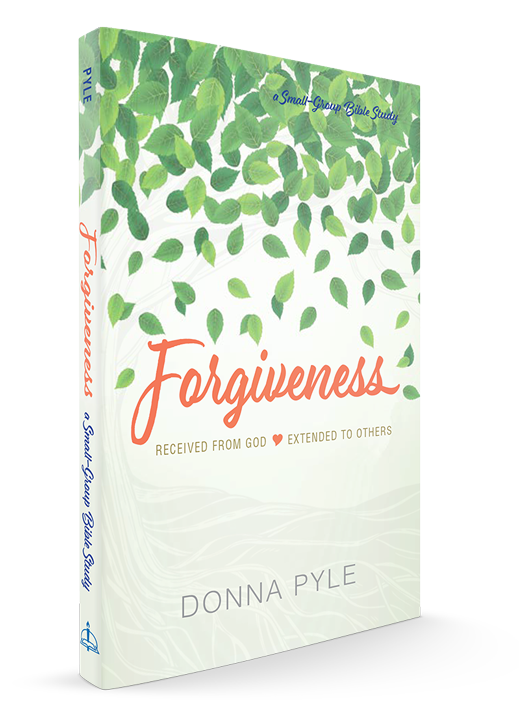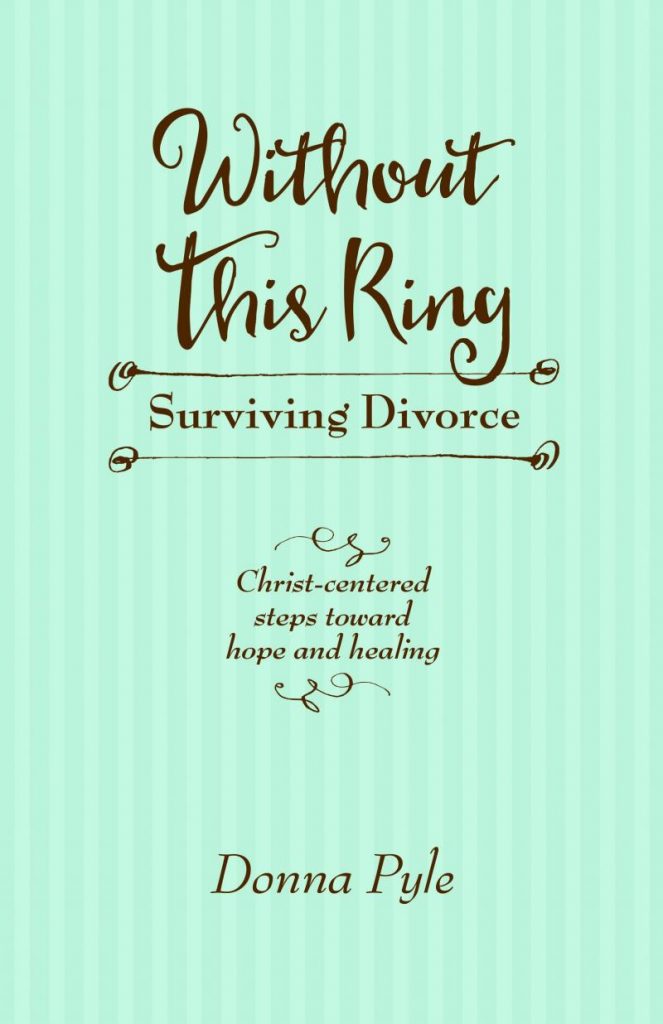
“It happened, late one afternoon, when David arose from his couch and was walking on the roof of the king’s house, that he saw from the roof a woman bathing; and the woman was very beautiful” (2 Samuel 11:2, ESV).
Old Testament: King David’s Sin of Adultery
He was supposed to be out with the army. That’s what 2 Samuel 11:1 says about King David. But he decided to stay home.
He took a stroll along the rooftop and saw a beautiful young woman taking a bath. And he decided was “all in.” The rest, as they say, is history.
David lusted. Bathsheba succumbed, even though she was a married woman. David had Bathsheba’s husband Uriah murdered so he could marry her. Their sexual relationship resulted in a child. But God did not forget what took place. The price of David’s sexual immorality was the death penalty for their child.
The Collateral Damage of Adultery
So much collateral damage from one person’s act of adultery. David mistakenly thought that defiling Bathsheba’s marriage bed was above the reproach, law, or reprimand of a king.

Are you and I any different when we believe we have ultimate sovereignty over our own lives?
Adultery plagues our world today. The Ten Commandments are treated as suggestions. Whether we know a family member or friend who has suffered a wayward spouse, infidelity will likely affect every human being at one point or another.
Teachers feel the effects and consequences of adultery in their classrooms. Kids tend to act out or their grades suffer as they process the emotional hurricane caused by their parents’ divorces. Pastors’ and counselors’ schedules stay full as they walk the victims of adultery toward God’s healing.
I do not use the word “victim” lightly. That is what adultery feels like. I know. My ex-husband was a repeat offender. The one person to whom you opened your heart, body, and mind decided on some level that you were insufficient. Whether that insufficiency stems from within or is persuaded from without, it decimates intimacy. And it decimates marriages.
What is the Definition of Adultery?
Although spiritual adultery certainly happens, I am specifically talking about sexual sins. Webster defines adultery as: “voluntary sexual intercourse between a married person and someone other than that person’s current spouse.”

If you have been the victim of adultery, you struggle with your identity in the world. Discarded. Less than. Not good enough. Those labels kept me up some nights. Yet Christ Jesus has given us a much more beautiful identity. Take time to memorize these Bible verses:
- “But to all who did receive him, who believed in his name, he gave the right to become children of God” (John 1:12, ESV).
- “See what kind of love the Father has given to us, that we should be called children of God; and so we are. The reason why the world does not know us is that it did not know him. Beloved, we are God’s children now, and what we will be has not yet appeared; but we know that when he appears we shall be like him, because we shall see him as he is” (1 John 3:1-2, ESV).
Since our identity is in Christ, extending forgiveness to someone who has committed adultery is not optional.
So How Do We Begin the Process of Extending Forgiveness?
Forgiving the deep betrayal of adultery seems impossible. It is perfectly normal to ask God how you even begin such a daunting process. Your life just exploded and all you can see is the debris. That’s when professional Christian counselors become vital.

When our emotions are screaming for vengeance, entertaining thoughts of forgiveness seems impossible. We want to cast the first stone. We may be tempted to inflate the circumstances and bear false witness.
But as God’s children, with the Spirit of our God dwelling inside of us, we understand that we do not operate in our own strength:
“But they who wait for the Lord shall renew their strength; they shall mount up with wings like eagles; they shall run and not be weary; they shall walk and not faint” (Isaiah 40:31, ESV).
Holding on to unforgiveness creates a cage of anger and bitterness around our hearts. Taking the first step toward forgiving that betrayal is the first step to unlocking that cage toward freedom.
Adultery: One of the Hardest Acts to Forgive
Adultery ranks among the top significant hurts that are the most difficult to forgive. In fact, getting over such thing took me a solid year of counseling. Yet through the power of the Holy Spirit during that difficult time, God’s steadfast love won and forgiveness was extended.
If your marriage ended in divorce as a result of your spouse’s adultery and you are contemplating a second marriage, ensure that you have truly forgiven your ex-spouse. Otherwise, you will carry all of that ugly baggage, hurt, and bitterness into a new relationship. And that’s a recipe for disaster.
The same goes for an ex-boyfriend or ex-girlfriend if you have engaged in premarital sex. If you are considering a new marriage (or getting married for the first time), the consequences of your ex’s lack of self-control will cause you to be suspicious of any future spouse.
New Testament: What Did Jesus Say About Forgiveness?
As Jesus was walking with His disciples in Luke 17, He paused by a sycamine tree to make a specific point about forgiveness. Why should we care about this tree and what does it have to do with forgiveness?
And the Lord said, If ye had faith as a grain of mustard seed, ye might say unto this sycamine tree, Be thou plucked up by the root, and be thou planted in the sea; and it should obey you” (Luke 17:6, KJV).

The sycamine tree had a robust root structure that plunged deep into the desert soil to tap into underground water sources. Because of its deep roots, drought or sheering it off at the base posed little threat. It was incredibly difficult to eradicate once established. It would inevitably resurface.
Scripture talks about not allowing any bitterness to take root in our hearts because eradicating unforgiveness is incredibly difficult. It grows deep, watered by any offense that lies hidden in the soil of our hearts.
Left alone, unforgiveness will establish deep roots and produce bitter fruit that surfaces through angry thoughts, words, and deeds.
But there is more. Much more.
The Sycamine Tree and Unforgiveness
The spiritual parallels between unforgiveness and the properties of the sycamine tree are chilling.
Wood from the sycamine tree was the preferred material for building coffins and caskets.
Sycamine trees grew quickly and were readily available in many places. In fact, Egyptian archaeologists have discovered small boxes made from sycamine wood at the base of mummified sarcophagi. These sycamine boxes remained uncorrupted for at least 3,000 years.
Unforgiveness remains in us, corrupting our hearts and mind until we allow God access to eradicate it.
The sycamine tree was only pollinated by wasps.
The wasp stuck its stinger into the heart of the fruit to initiate the pollination process. The tree had to be “stung” in order to reproduce. Think of how many times you have heard someone say, “I’ve been stung by that person once, but I’m not going to be stung like that again!”

You can almost see the poison of unforgiveness pollinate every bitter word they utter. Can you hear the pounding of the casket maker’s hammers?
Finally, the sycamine tree was planted where two paths met.
Its large trunk and stout branches offered shade to travelers as they paused to decide which path to take. When you and I get hurt – emotionally, mentally, or spiritually – we stand at a crossroads.
We Have a Choice
We have the choice between the dark, burdensome spiritual death sentence of unforgiveness or the Son-drenched, freeing path of forgiveness. The choice really is ours.
As children of the living God, we must believe that the process of eradicating bitter roots is never a hopeless endeavor. Jesus told His disciples in Luke 17:6 that uprooting unforgiveness is possible if a person has the faith of a grain of mustard seed.
In Him is our only hope of freedom from destructive bitterness: “For by grace you have been saved through faith. And this is not your own doing; it is the gift of God” (Ephesians 2:8, ESV).

Since that gift of hope that the Apostle Paul talks about comes from God we have access to an abundant, unlimited supply of the poison’s antidote.
If you have ever signed a certificate of divorce, worn the label “divorced woman” or “divorced man”, the name of the Lord Jesus Christ and the blood He shed to redeem us gives us new life – eternal life. He alone is our best friend. In the kingdom of God, we wear the label, “redeemed.”
Regardless of how deep the hurt or how long we have let it reside, it is never too late to surrender our unforgiveness to God for permanent eradication.
In God’s hands, the casket maker’s career is short-lived.
I have written an entire Bible study on Forgiveness that you can find here, as well as a book/Bible study on surviving the thriving after divorce here.


{As an Amazon Associate I may earn from qualifying purchases. Photos are obtained from Unsplash.com}
